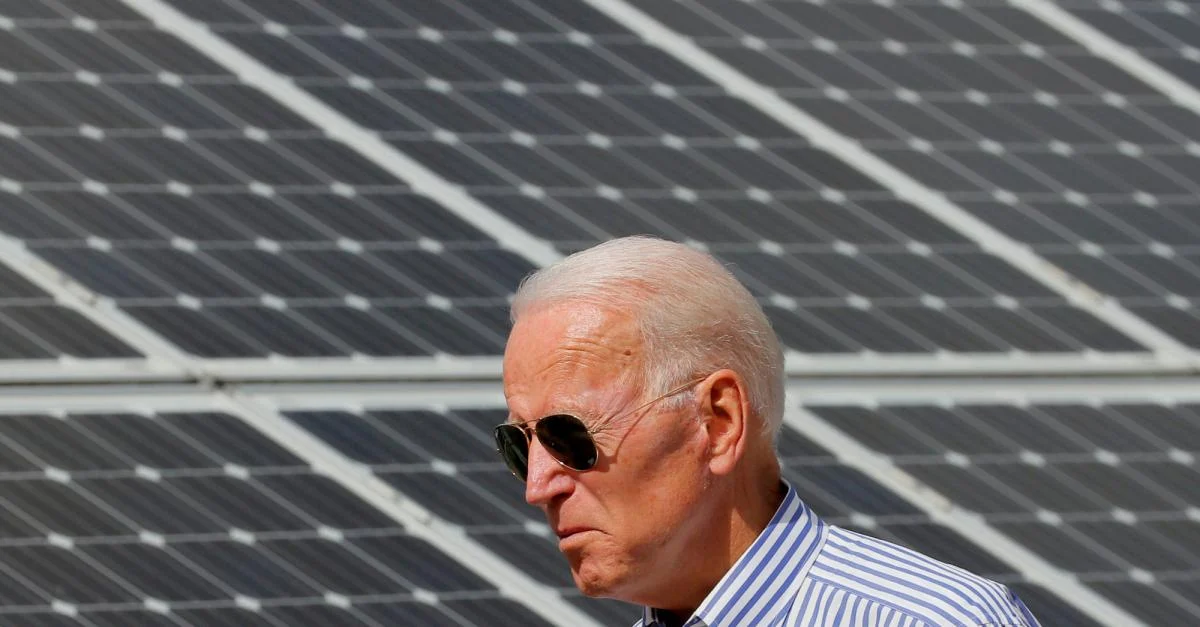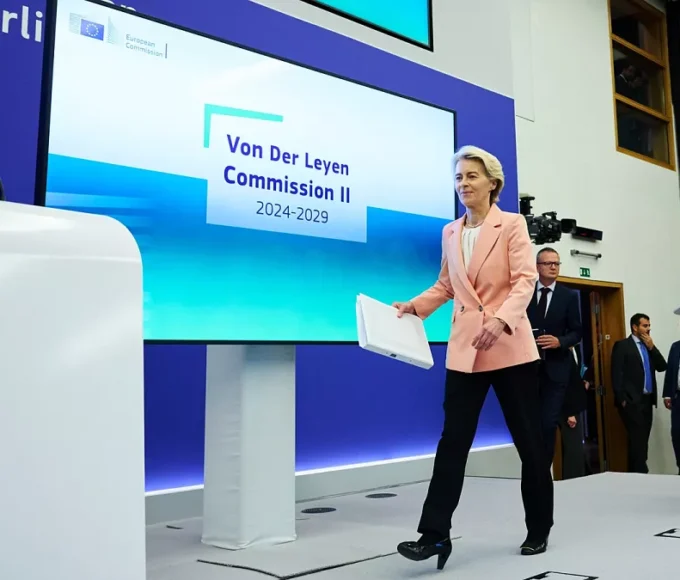The United States and Japan on Tuesday signed an agreement aimed at strengthening “supply chains for critical minerals and batteries for electric vehicles” and strengthening exchanges between the two countries on these products essential to the energy transition and up to here dominated by China.
The agreement should make it possible to “facilitate trade, promote free and undistorted competition and set up solid social and environmental standards” concerning these products and thus allow the establishment of “secure, solid and fair supply chains. between the two countries, according to a statement from the services of White House Trade Ambassador Katherine Tai.
“Japan is one of our most important partners and this agreement allows us to strengthen our relationship. This is an important moment that proves that the United States continues to work with our allies and partners to strengthen supply chains through the IRA,” said Tai, quoted in the statement. This agreement marks the first step towards including Japanese batteries and electric vehicles on the list of those likely to benefit from the $7,500 subsidy provided for by President Biden’s major climate plan (IRA), definitively voted last summer.
“The IRA provides that free trade agreements such as this make parts from Japan eligible. The Treasury must specify the conditions by the end of the month, “said a representative of the administration during a telephone press briefing. The final decision will indeed rest with the Treasury Department, which must publish the list of eligible vehicles in the coming days.
Soon With Europe?
This also concerns the critical materials needed for the energy transition, in particular for the manufacture of wind turbines and solar panels. The agreement is very similar to the one that the European Union in turn hopes to sign with the United States in order to allow European manufacturers to benefit from the same subsidies. Negotiations are ongoing between the two sides of the Atlantic.
The EU has also expressed concerns about the risk of seeing itself out of the US market for solar panels and wind turbines. Japan, as well as South Korea, had themselves expressed these same concerns after the approval of the IRA, seeing it as a risk for investment in these essential sectors.
The Japanese automotive industry said it was “concerned” about the subject and was following developments carefully. The head of European diplomacy, Josep Borrell, recalled on March 14 that these subsidies did not respect, in this case, the rules of international trade “on many points”.
Visiting Washington at the end of the week, the European Commissioner in charge of the digital economy, Margrethe Vestager, is due to meet US Commerce Secretary Gina Raimondo on Wednesday and then Treasury Secretary Janet Yellen on Friday.
This article is originally published on trends.levif.be








